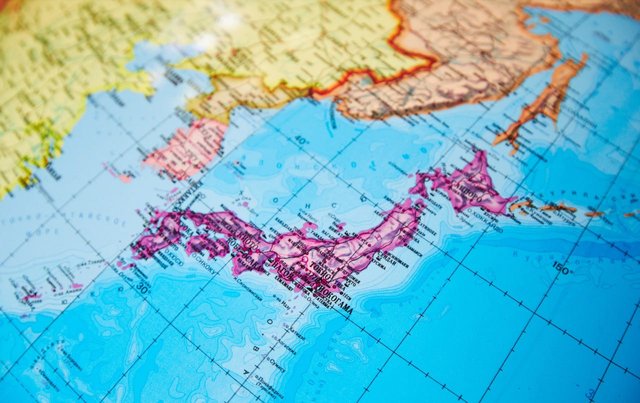
Recent statements from Maria Zakharova, the spokesperson for the Russian Ministry of Foreign Affairs, have shed light on the escalating tensions regarding potential military strategies between Russia, the US, and Japan. Here's a detailed look into Zakharova's comments and the broader context:
The Statement
In a direct comment from the Russian Ministry of Foreign Affairs, Maria Zakharova stated:
"We have repeatedly warned Tokyo that the deployment of the US intermediate-range missiles in Japan would be considered as a security threat."
She further added:
"Russia would have to take all necessary steps to enhance its defence capabilities."
This statement comes at a time when global military postures are being scrutinized, especially in regions where geopolitical tensions are high.
Background
Treaty Termination: The US withdrawal from the Intermediate-Range Nuclear Forces (INF) Treaty in 2019 removed legal barriers to deploying such missiles, which were previously banned under this agreement. This action has led to a new phase of strategic maneuvering by both the US and Russia.
Military Presence in Asia: The US has been enhancing its military alliances in Asia, particularly with Japan, as part of its strategy to counterbalance China's growing influence and address North Korea's nuclear threats.
Why Japan?
Strategic Location: Japan's geographical position makes it an ideal location for US missile defense systems, allowing coverage over potential threats in Asia.
Historical Context: The historical US-Japan security treaty provides a framework for such military cooperation, although deploying missiles could significantly alter the regional security dynamics.
Russian Response
Russia's response to this potential deployment involves several considerations:
Defense Enhancement: Russia has hinted at deploying its own short- and intermediate-range missiles in Asia or enhancing its missile defense systems.
Nuclear Doctrine: There's an implication that Russia might reconsider its nuclear doctrine, expanding scenarios where nuclear weapons could be employed in response to perceived threats.
Diplomatic Warnings: The statements serve as a diplomatic warning, aiming to deter the US and Japan from taking steps that Russia perceives as threatening its security.
Implications
Arms Race: Such deployments could lead to an arms race not just between the US and Russia but might also involve other Asian countries feeling compelled to bolster their own defenses.
Regional Stability: The increased military capability in the region could either stabilize or destabilize, depending on the reactions and countermeasures taken by involved nations.
Alliance Dynamics: The US's move could strengthen its alliances but might also push other countries to align with Russia or China if they feel threatened by the new military balance.
Conclusion
Zakharova's words underscore Russia's vigilance and readiness to respond strategically to what it perceives as a direct threat to its security. The situation exemplifies the delicate balance of power in international relations, where military decisions can lead to widespread geopolitical repercussions.
Sources:
- Moscow would retaliate if U.S. deployed missiles in Japan -Ifax cites foreign ministry | Reuters
- Russia vows response if US puts missiles in Japan | Newcastle Herald | Newcastle, NSW
- Russia vows 'tangible' response if US missiles used against its territory - BBC News (Note: This source relates to a broader context of missile usage but indicates the general stance of Russia on such matters.)
- [Russia’s Foreign Ministry Warns Against US Missiles in Japan - defense.gov](no direct link available)
- Russia's New Intermediate Range Missiles - Back to the 1970s - Atlantic Council